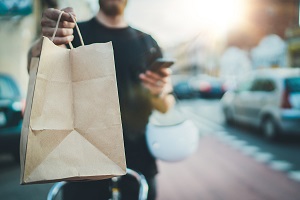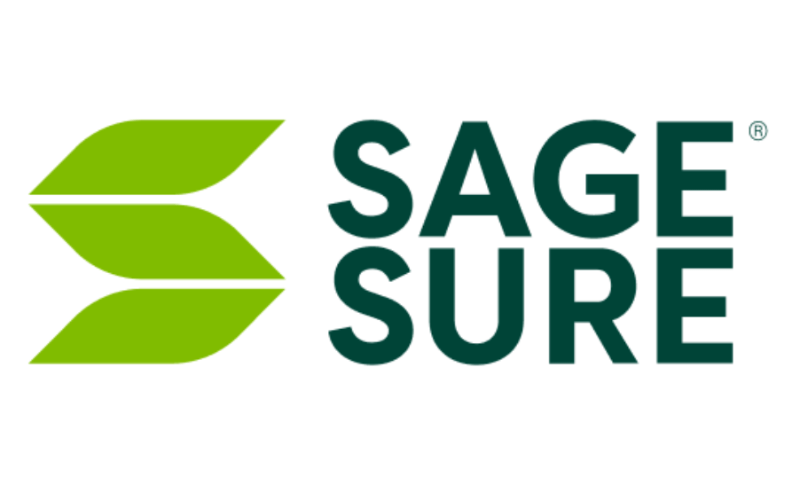
Restaurant Risk Management During the COVID-19 Pandemic COVID-19 is changing the way restaurants operate.Although some restaurants have closed, others remain open on a pick-up and delivery basis only.This shift, along with other safety issues related to the pandemic, is leading to new risks.
Delivering Auto and Food Poisoning Risks Delivery had been gaining popularity before the pandemic, but now it’s essential.In New York, the stay at home order classifies restaurants as essential and therefore allowed to stay open, but only for delivery and take out.Many other states have issued similar orders.
While switching to a delivery model can help restaurants stay afloat during this difficult time, there are risks to consider.Delivery drivers often use their personal car, but this doesn’t mean their personal auto insurance will provide coverage.Most personal auto policies exclude commercial activities, and this includes making deliveries.
If a crash occurs, the insurer may reject the claim, and the injured party may come after the restaurant for compensation.Restaurant employers should make sure delivery drivers are covered with a commercial hired and non-owned auto insurance policy.And because avoiding crashes is always ideal, restaurant employers should also make sure drivers are not distracted or overly rushed and that their cars are well-maintained with good tires.
Food poisoning is another issue.According to the USDA, hot food should be kept at 140˚F or higher and cold food should be kept at 40˚F or lower.Food stored between 40˚F and 140˚F is in the “danger zone” and bacteria can double in only 20 minutes.
Using third-party food delivery services may seem like a way to simplify the process.However, these services may charge significant fees.Additionally, auto and food safety risks still exist, so it’s important to understand how liability is handled under the contract.
Work Comp Issues The coronavirus may lead to an increase in workers’ compensation claims.This could happen in a couple of ways.Workers who are injured while making deliveries could file claims.
Injuries could happen as a result of car crashes, but they could also happen at other times, such as when the worker is walking from the car to the customer’s door, possibly on uneven ground and in poor lighting.Viral infections aren’t typically grounds for workers’ compensation claims, in part because it’s often difficult to prove where the infection was contracted.However, there has been pressure for insurers to accept claims related to COVID-19 that would not normally be covered, and this may include workers’ compensation claims related to the illness.
According to Property Casualty 360, insurers may start seeing workers’ compensation claims for COVID-19, as well as lawsuits if claims are denied.To avoid workers’ compensation claims, and to do everything possible to protect your workers and your customers, take steps to stop the spread of the novel coronavirus.The CDC recommends the following: See the CDC’s Interim Guidance for Employers and Businesses to Plan and Respond to Coronavirus Disease 2019 for more information on how employers should handle COVID-19 infections and risks.
If you have any questions about your restaurant insurance or risk management, contact us.
Publisher: Normal for Business








